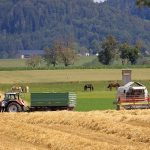
Types of mulching plastics and their different advantages for cultivation

There are several techniques used in agriculture to improve crop quality and increase the production of fruits and vegetables in seasons where they usually cannot be obtained. The use of plastic mulch is one of those alternatives that we will discuss about in this article together with information about some of the most frequently used types of mulch, as well as the advantages that come with their use.
Mulching is one of the tools most widely used in intensive agricultural production to improve the bio-structure of the soil that will be used for planting and also benefit the overall growing conditions of the crop.
Mulching has existed since the beginning of agriculture when, for example, natural “vegetable” mulching such as straw or moss was commonly used in crops, which offered the advantage of reducing water loss, prevent erosion and better control the weeds that often appear to compete for soil nutrients.
However, thanks to technological advances and the larger extension of modern farms, this mulching strategy has been transformed and today the plastic films used are specially designed to act as if they were “vegetable covers” for perennial plantations. There are several types of mulching, which are generally classified according to their additives, density and the colour of the polyethylene film that allows to differentiate what are the properties, or specific applications, of each mulching.
Main types of mulching
- Clear mulch (transparent)
It is a plastic film that has no pigment or color additive and is basically used to quickly increase temperature levels in the soil for a faster root development of the plants, but it also prevents water from evaporating rapidly from the surface of the soil.
However, farmers must keep in mind that its composition may allow the appearance of weeds under the plastic film.
Products recommended:
Sotrafa NG
Acosol NT
- Black mulch (total opacity)
It is one of the most commonly used types of mulching, because thanks to its colour you can prevent natural sunlight reaching the soil and manage better the control of the weeds as well as it also prevents water from evaporating from the ground.
Since this mulch has a black surface that absorbs a large percentage of the sunlight and heat during the day, the soil receives heat through transfer due to the direct contact of the plastic with the soil. in this way, regular development of the root areas as well as plant growth are ensured.
The type of crop where the mulching will be used must be carefully considered, since it is very likely to cause burns to the organs of some more delicate plants that may come into contact with the plastic film.
Products recommended:
Sotrafa NG Black
Acosol NG
- Silver/Black or White/Black mulch (bi-color)
Growers choose this type of mulching to guarantee that weeds are kept under control as the black surface placed downwards blocks out any light reaching the soil. The silver surface is placed upwards so that the soil absorbs less heat due to reflection but it compensates with the extra light radiation to increase the process of photosynthesis and ensure faster plant growth. The specific reflection also acts as an insect-repellent and helps reduce use of pesticides.
Products recommended:
Reyfilm mulchs
- Metallic mulch
Its properties are similar to those of silver mulch, however, its ability to reflect sunlight makes it a popular mulch in orchards if what you have in mind is to keep away insects or some birds that can compromise the crops. Some of these types of films are fully metallic and others have stripes, both alternatives are very effective.
Product recommended:
Sotrafilm NR
- Photoselective mulches ( Brown or Green)
Specialist growers generally use them to natural control weeds through selective blocking of light radiation and at the same to raise the temperature in the soil, since the plastic’s translucent color allows light and heat to directly reach the soil. These plastics offer the best combination of the clear mulch and the black mulch when soil heating is needed but farmers also want to refrain on the use of chemicals for weed control.
Product recommended:
Acosol Fs
- Biodegradable mulching
Those who prefer biodegradable plastics do so because it is a greener alternative that allows them to skip the collection process at the end of the growing cycle, since basically when regular plastic mulches are used, they leave plastic residue on the ground. The quick decomposition of these plastic sheets will depend on the type of material used in its manufacture, the structure and humidity of the soil and the microbial load. In the case of materials derived from corn starch or lactic acid the degradation will be faster but always ensuring that any residue left on the ground is 100% truly compostable.
Products recommended:
Reyfilm mulchs
As we can see, the choice of colour of the plastic mulch must be made based on the needs of the crop (optimal temperature and humidity conditions), the climate (excess/lack of light-heat) and also soil structure (excess/lack of weeds). The farmer can easily advance or extend his growing season, control the use of irrigation water and nutrients as well as combat against insects spreading virus.
Another factor to be considered is if the crops are grown outdoors or under protective structures such as tunnels or greenhouses where the use of covers (plastics or nets) can alter the natural sunlight conditions. Therefore, it is very important to consider all the factors that will be influencing the environment of the plant before choosing a specific type of mulch plastic or greenhouse cover.
New developments that are more eco-friendly and that enable farmers to continue planting with mulches are new technologies that incorporate BIOdegradable plastics for short-cycle crops (90 days) and that guarantee total breakdown of the plastic into natural compost. Usually, these BIO mulch plastics are used in high value crops and smaller planting areas due to their higher purchase price although they compensate with the fact that they do not have to be retrieved from the field after harvest.
Mulch plastics and the choice of different thicknesses
There are different thicknesses that can vary depending on the colors of mulch, the application stress and also the type of crop or duration on-field. Mulch films usually can range from 12 to 100 microns, 0.5 to 4 mils, and for example you can use films between 25 and 50 microns, 1 to 2 mils, on a melon crop, while you can use films between 50 and 60 microns, 2 to 2.4 mils, for strawberry production. Basically, the thickness chosen will depend on the time required by the crop cycle and the general environmental conditions (heat, radiation, soil structure, season).
The use of several types of mulching has multiple advantages and beyond increasing or decreasing soil temperature and making better use of water resources, they help reduce fungal diseases that may appear due to bacteria as well as their propagation through different vectors. The main reason being that they ensure a cleaner growth environment as the mulch controls soil moisture and avoids contact of the plants with the soil.
Mulch plastics are also essential to reduce soil compaction by allowing the roots of the plants to have a greater amount of oxygen, which helps increase microbial activity, and as a result the soil structure improves through a greater availability of nutrients.
Another advantage of plastic mulch is that it contributes to reduce the leaching or lixiviation of fertilizers due to the protection of the covers, avoiding their loss because of the rains or excessive evaporation. Damage caused by regular maintenance works around the crop resulting from the use of tools, other planting implements or workers is avoided. In all, the more stable environment provided for the crop allows higher quality and volume of yields which justifies an immediate return on investment for the farmer.
If you have any enquiries about what type of mulching do you need for your crop, please don’t hesitate to contact us and one of our experts will answer you with various recommendations based on our experience in more than 104 countries.

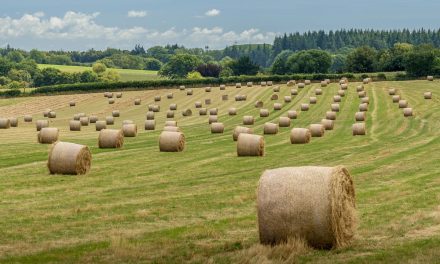
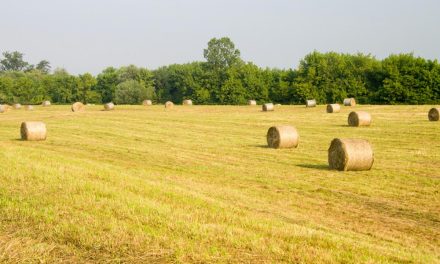
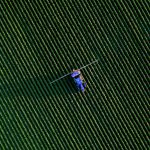
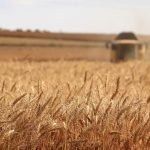

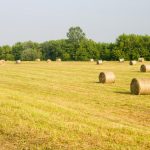

![[eBook] Sustainability and water management](https://agriplasticscommunity.com/wp-content/uploads/8_550x310_ENG-440x264.png)
![[eBook Trends in Agriculture Plastics] Increasing use of biodegradable mulch](https://agriplasticscommunity.com/wp-content/uploads/550 × 310_2_ENG-150x150.png)
![[eBook Trends in Agriculture Plastics] Reducing the plastic used in the manufacture of agricultural films](https://agriplasticscommunity.com/wp-content/uploads/550 × 310_1_ENG-150x150.png)



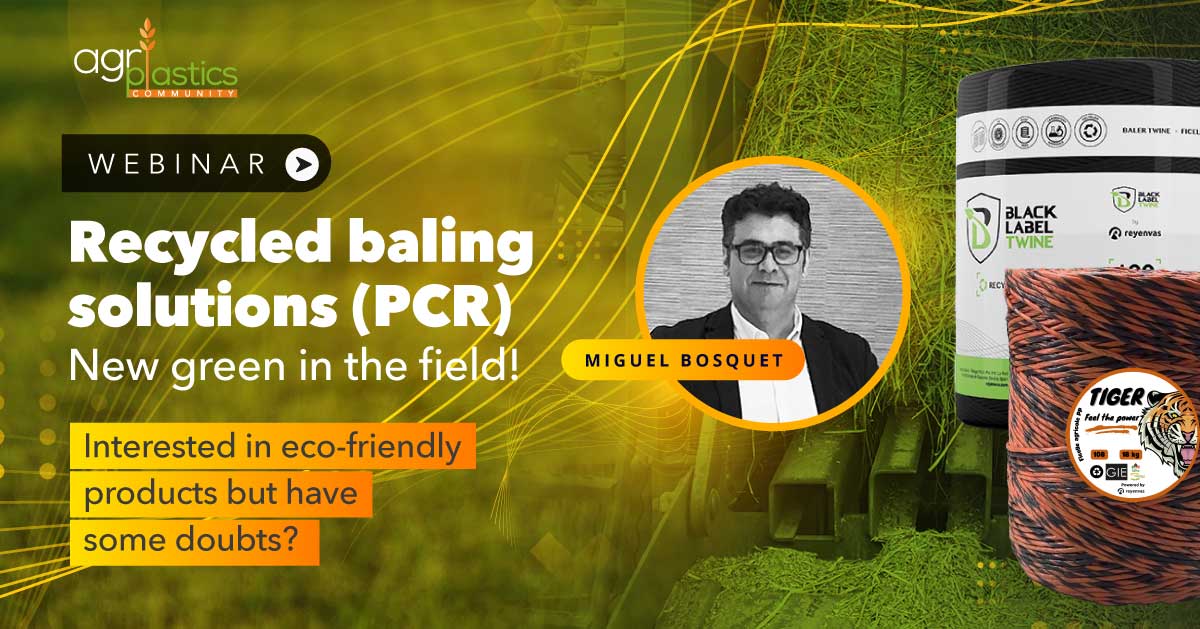
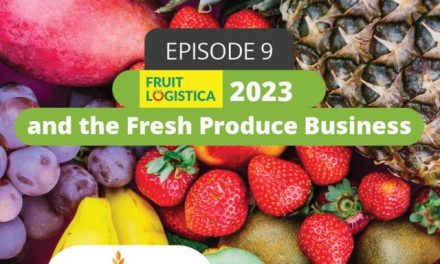

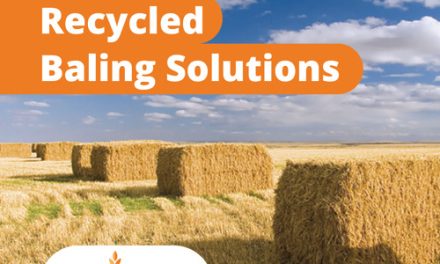










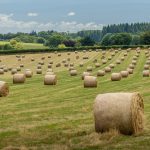



Your site is amazing and your blogs are informative and knowledgeable to my websites.
Thanks a lot! We’re glad to read that you like our posts ?